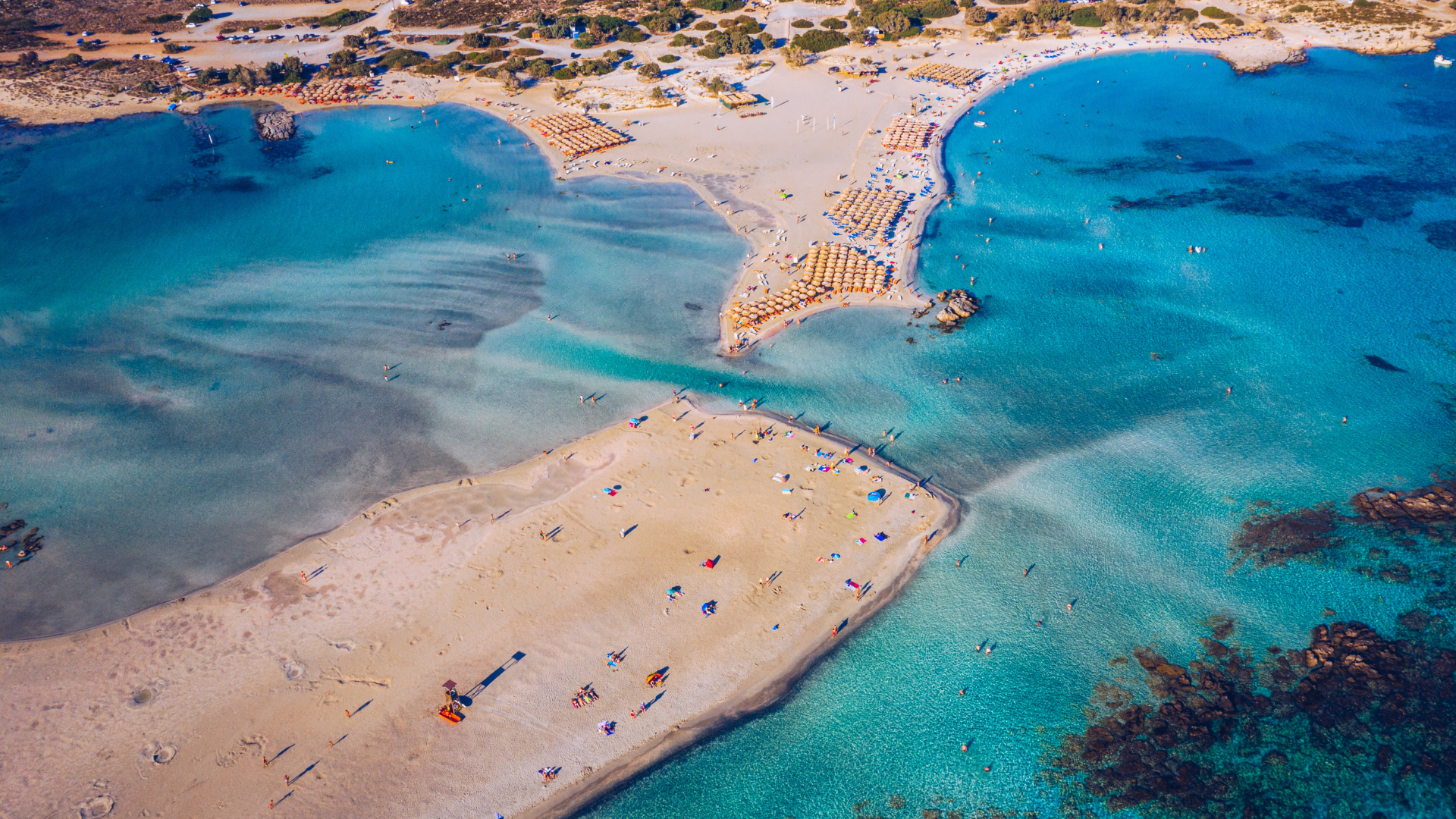There are many things to know before going to Greece! The legendary country in southeastern Europe, is famous for its ancient history, phenomenal islands, rich culture and delicious cuisine. However, before you pack your bags for a classic Greek holiday, it’s wise to familiarize yourself with some important facts and tips.
Here are some things you should know before heading to Greece.

Picture by: Leonhard_Niederwimmer
List with Things to Know Before Going to Greece
If you crave to embark on the ultimate Hellenic adventure, you are in the right place. Dive in as we explore the essential things to know before setting foot on this ancient and enchanting land.
1.Language and Communication: While Greek is the official language, many people, especially in urban areas and popular tourist destinations, speak English and other major European languages. In facts, Greeks are very expressive and passionate communicators. They often use hand gestures and might speak loudly in conversations, which isn’t a sign of anger but rather of enthusiasm or emphasis. Nevertheless, learning a few basic Greek phrases like “kalimera” (good morning) or “efharisto” (thank you) can go a long way in endearing yourself to the locals.
2.Currency and Payment: Greece uses the Euro (€) currency. ATMs are actually widespread across the country, even on smaller islands. However, it’s wise to check for your bank’s overseas withdrawal fees as some ATMs might also charge a service fee for foreign cards. Also, you have to remember that cash is king. Although credit and debit cards are widely accepted, especially in larger cities and tourist areas, many small shops and local transportation options prefer or only accept cash. It’s always a good idea to have some euros in hand.
3.Best Time to Visit: The question that makes many wonder. Greece is undoubtedly perfect to visit throughout all year around, but there are certain periods of time that are particularly special. Thus, the ideal times to visit are typically spring (April to June) and fall (September to October). During these periods, the weather is pleasant. So,the tourist crowds are thinner compared to summertime. July and August are the peak tourist months, and some popular destinations can get extremely overcrowded. If you want to learn more about the best time to visit Greece and some facts and tips, click here.

Picture by: moorpheus
A few more things to keep in mind before going to Greece..
4.Getting Around: While major cities like Athens and Thessaloniki have efficient public transport, if you’re planning to explore the islands or more remote areas, consider renting a car or scooter. On the other hand, if you want to explore the surrounding islands, ferries offer an excellent means of island-hopping.
5.Cultural Etiquette: It is a fact that Greeks are known for their hospitality. When meeting someone for the first time, a firm handshake is standard for both men and women. Close friends and family often greet each other with a hug or a kiss on both cheeks. If you’re unsure, follow the lead of your Greek counterpart. Also, while Greeks are generally open-minded about clothing, especially in urban areas, it’s essential to dress modestly when visiting religious sites. Both men and women should wear clothing that covers their shoulders and knees. Women might also have to wear a headscarf in certain monasteries or churches.
6.Food and Drinks: Everyone knows that the Greek cuisine is a delight. Don’t miss out on dishes like moussaka, souvlaki, tzatziki and bougatsa while visiting. However, do remember that tap water is not always drinkable on all islands, so ask locals or buy bottled water. Beware of the complimentary “tsipouro” or “raki” often served at the end of meals in some places; these spirits are potent. While Greeks enjoy their ouzo with a splash of water and ice, drinking coffee is an all-day affair, ranging from the strong “ellinikos” (Greek coffee) to the frothy “frappé”. Remember, Greeks dine late; lunch often starts around 2 pm, and dinner can commence as late as 9 pm or even later. Embrace the leisurely pace and the flavors; you’re in for a culinary journey.
7.Safety: Greece is one of the safest countries in Europe. However, like any popular tourist destination, watch out for pickpockets in crowded places and always be aware of your surroundings. It’s advisable to keep belongings secure and be cautious of scams or overly persistent street vendors.

Picture by: Anastasios71
One more thing to know before going to Greece is the public holidays!
8.Public Holidays: It’s good to be aware of Greek public holidays, as shops, banks, and public services might be closed. Many of Greece’s public holidays have religious significance, given the country’s deep-rooted Orthodox Christian traditions. Notable dates include Easter, which can fall at a different time than in Western Christianity and it’s arguably the most celebrated occasion with solemn rituals and festive parades. On public holidays, many businesses, shops, and even some tourist attractions might close or have reduced hours. August 15th, the Assumption of the Virgin Mary, sees many Greeks taking vacations, leading to a quieter urban atmosphere but busier islands. October 28th, “Ochi Day”, commemorates the rejection of Italian occupation during WWII with parades and ceremonies. Familiarizing yourself with these dates ensures that you can plan around them, immersing yourself in the local culture or adjusting your itinerary as needed.
9.Time Zone and Electrical Plugs: Before visiting Greece, it’s essential to acquaint yourself with the local time zone and electrical specifications. Greece operates on Eastern European Time (EET), which is UTC +2 hours, and during the summer months, it observes Daylight Saving Time. As for electrical needs, Greece uses the Type C and Type F plug sockets. These are two round-pin plugs, common in many European countries. The standard voltage is 230V, and the frequency is 50Hz. If your devices aren’t compatible or if you’re coming from a country with different plug types, you’d need a plug adapter or, in some cases, a voltage converter. Prepare for these differences and ensure that you can keep your devices charged and functional throughout your visit.
10.Shopping: Greece is famous for its olive oil, honey, wines, and leather products. Remember to haggle in local markets but do so respectfully. Most stores close in the early afternoon for a few hours, so plan your shopping trips either in the morning or late afternoon. Credit cards are widely accepted, but it’s a good idea to carry some cash. Especially when visiting smaller towns or islands.
Conclusion
In conclusion, these were few things to know before going to Greece. Visiting the country can be an enthralling experience. Bridging the majestic interplay of ancient tales, sun-kissed landscapes and vibrant modern culture. Our journey through the 10 essential tips will ensure that you navigate the country’s stunning isles and cities with ease. So, secure your belongings, embark with anticipation and let Greece weave its timeless magic around your travel-laden heart. Safe travels and καλό ταξίδι! (Safe journey!)







